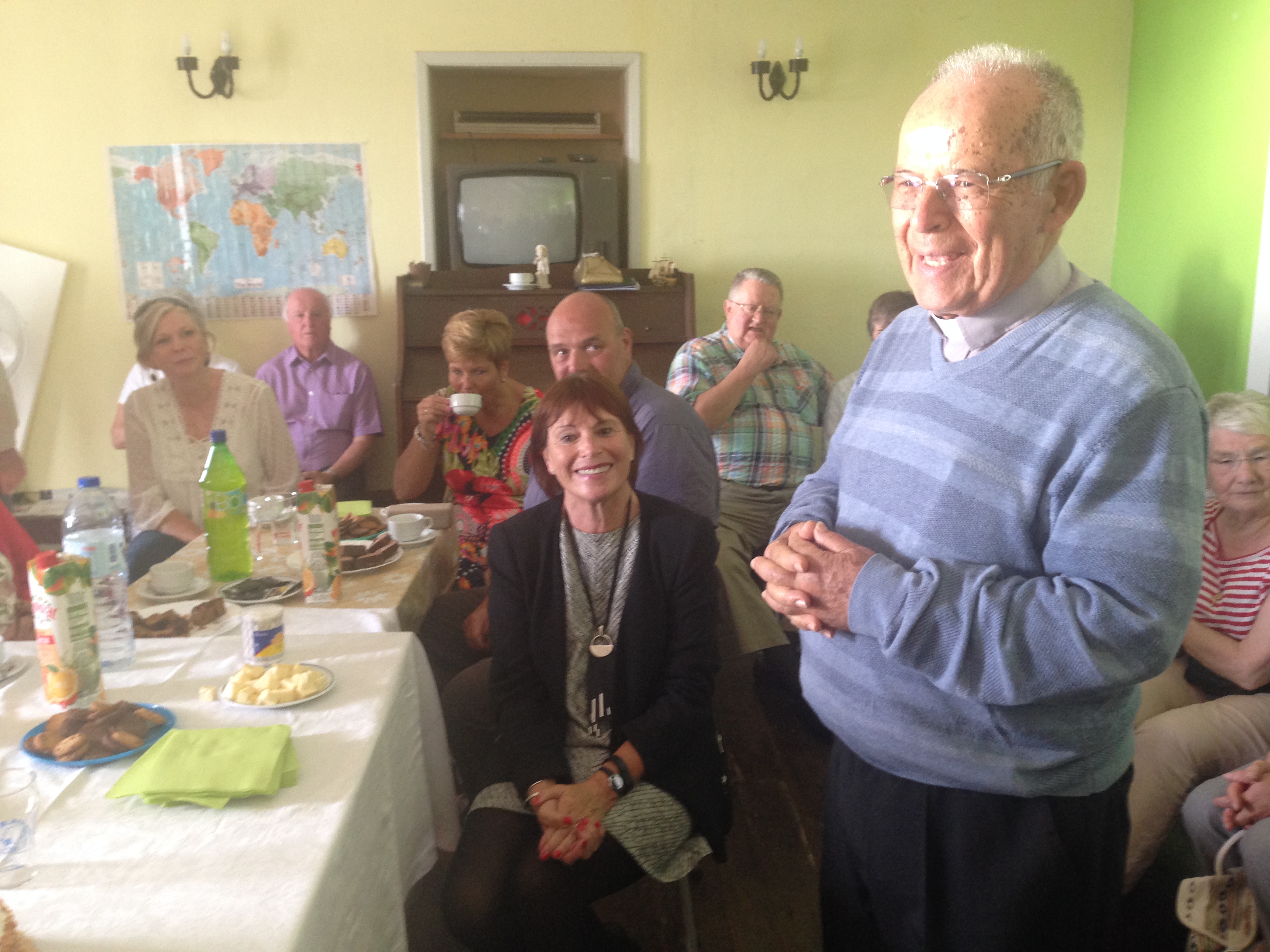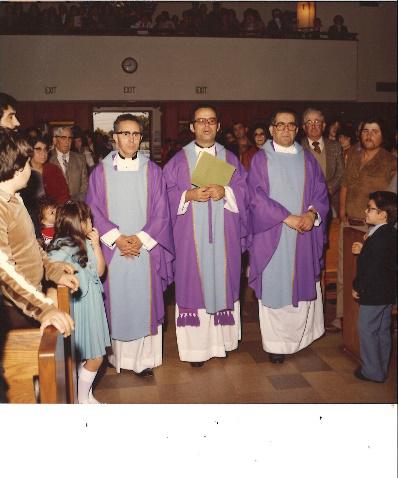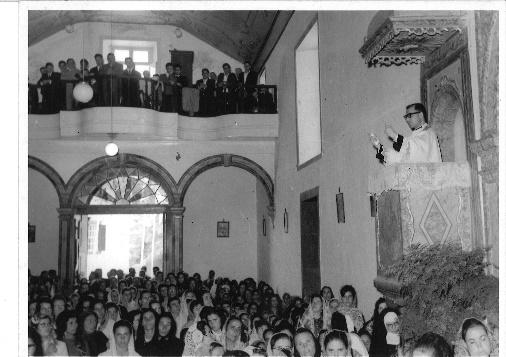FROM MY HEART TO YOUR HEART – Brought to you by Fr. Bernardino Andrade
Every day of the year is very special. Every day is a special gift from God to be lived and to be enjoyed. But there are days that are more special than others. One of those days, for me, is the 4th of July. It was on the 4th of July 1965 that I said my First Mass in my home Parish, in Ponta do Sol, Madeira Island. I had been ordained in the Diocese of Quelimane, Mozambique, on the 12th of June and then travelled to Madeira Island to celebrate my first Mass in my home Parish where I had been baptized, made my First Communion and where my family and I have our deepest roots.
It was a celebration that mobilized the entire Parish. It is a day full of memories. I don’t know how good or bad my memory is, but I believe that if I wanted to recount every minute… from my arrival to my home in Ponta do Sol until my first Mass, and then until saying goodbye again, I would be able to remember every event of those glorious moments. Some of them were expected, and some were surprises.
However, there was a moment that, under no circumstances, I could expect or could even imagine. I still don’t know if it was seen or observed by anyone else. It was very private even if I didn’t try to hide it from anybody else. It was so natural like if it was something that was done every day. Nobody said «close the door» or be quiet because something very private is happening. But I have to confess that I was not prepared for it. And I was a little nervous.
We were almost ready to leave to Church when my mother called me to her bedroom and in a very natural way said: «Bernardino, please hear my Confession». She said that as if it was something that she had been doing regularly. It was like a normal parishioner asking her pastor to hear her confession before Mass, like it has happened to me maybe thousands of times since then. But she was the first one.
And here we are. I was seated on her bed and she was kneeling before me. Mother and Son. Two sinners celebrating the merciful forgiveness of a merciful God.
«Bless me Father for I have sinned»! I don’t know if she said: «Bless me Father» or bless me «My Son for I have sinned». What I know is that the Sacrament of Confession, or better Reconciliation, started making more sense to me. Since then she did that very often when I came on vacation and my father followed in her footsteps even after she had died.
I was the youngest of eleven brothers and sisters. Also some of them did the same. What a mystery to be a priest. What a privilege to have a father and a mother like them. They never went to school. They didn’t know how to write their names. They never read the Bible because they didn’t know how to read but without any doubt they are the greatest saints of my life. They didn’t leave me properties or money but they left me their faith in God and their human, their family and their spiritual values.
Love and Peace,





